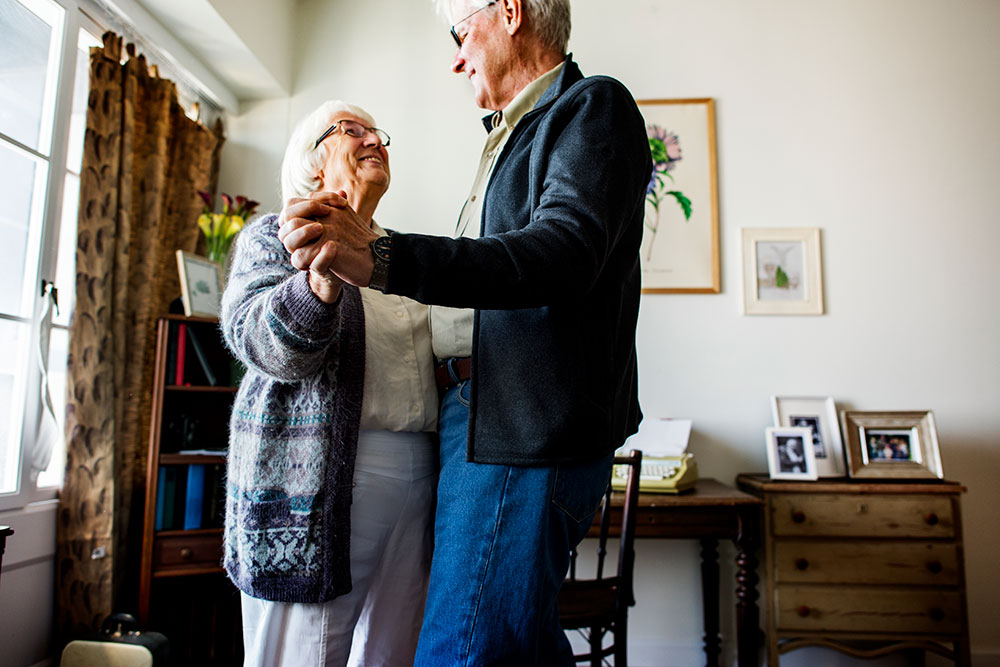
As a caregiver, you may find that your schedule is so busy that you don’t have much time for yourself. When you’re taking care of someone else, it’s hard to remember to see to your own needs too.
If you feel guilty taking some “me time” to focus on your own health, remember that a self-care routine benefits others too. It’s not selfish to build it into your schedule!
Taking time for self-care can help you find a healthy balance between your own needs and those of your loved one. Achieving this balance not only can improve your own mental health but also can help you create a better caregiving environment and a better relationship between you and your loved one.
Resources for Caregiver Self-Care
What Is Self-Care?
“Self-care” is a phrase that has grown popular, especially in the last decade. From Instagram to magazine articles to your own friends, everyone may seem to be saying that you need more self-care in your life. But what does this actually mean?
Self-care means different things to different people. Some people use it to refer to things like going for a walk or practicing deep breathing. Other people use it to mean things like doing yoga or going to a spa. With so many different meanings, you might feel like you don’t even know where to start.
In general, self-care refers to things that you do to protect and maintain your own physical and mental well-being. Self-care can include a range of activities and strategies that can support your happiness and your caregiving relationships.
A good self-care routine can:
A little bit of stress here and there is normal. You may feel worried about a project at work or nervous about a parent’s upcoming medical appointment. But if manageable stresses start piling up, or if caregiving is making you feel stressed all the time, you may need to do something different — something that works for you.
Self-care may involve setting aside more time for yourself, but it doesn’t have to. Self-care strategies can help you manage feelings of stress or burnout. Find something you enjoy — meditation, deep breathing, exercise, or any activity that you love (but don’t prioritize) — and build it into your routine. You can even double up on your self-care practice — try deep breathing while you’re at a stoplight or while you’re doing a task that doesn’t require a lot of thought, like washing dishes.
When you’re so focused on your loved one’s health, you may find that you neglect your own. Prolonged stress can lead to much bigger health concerns. It can:
- Raise your blood pressure and cholesterol level
- Lead to an upset stomach or headaches
- Affect your sleep
Being constantly stressed out can have a big impact on your body. Taking time each day to focus on you can help protect your overall health.
When you don’t feel your best, you may find that your relationships are strained. Stress can affect your emotions. When you feel burned out by your caregiving role, you might snap at anyone, not just your loved one. If you never take a break from your caregiving responsibilities, you may not be prioritizing time with your friends. Self-care can help you reconnect with your loved ones — and make time for them.
When Self-Care Means Getting Help
-
Home Care
Home care can allow your loved one to live, age, and heal comfortably in their own home.
-
Personal Care
Home health aides provide personal care services to a loved one struggling with day-to-day tasks like cooking, dressing, or bathing.
